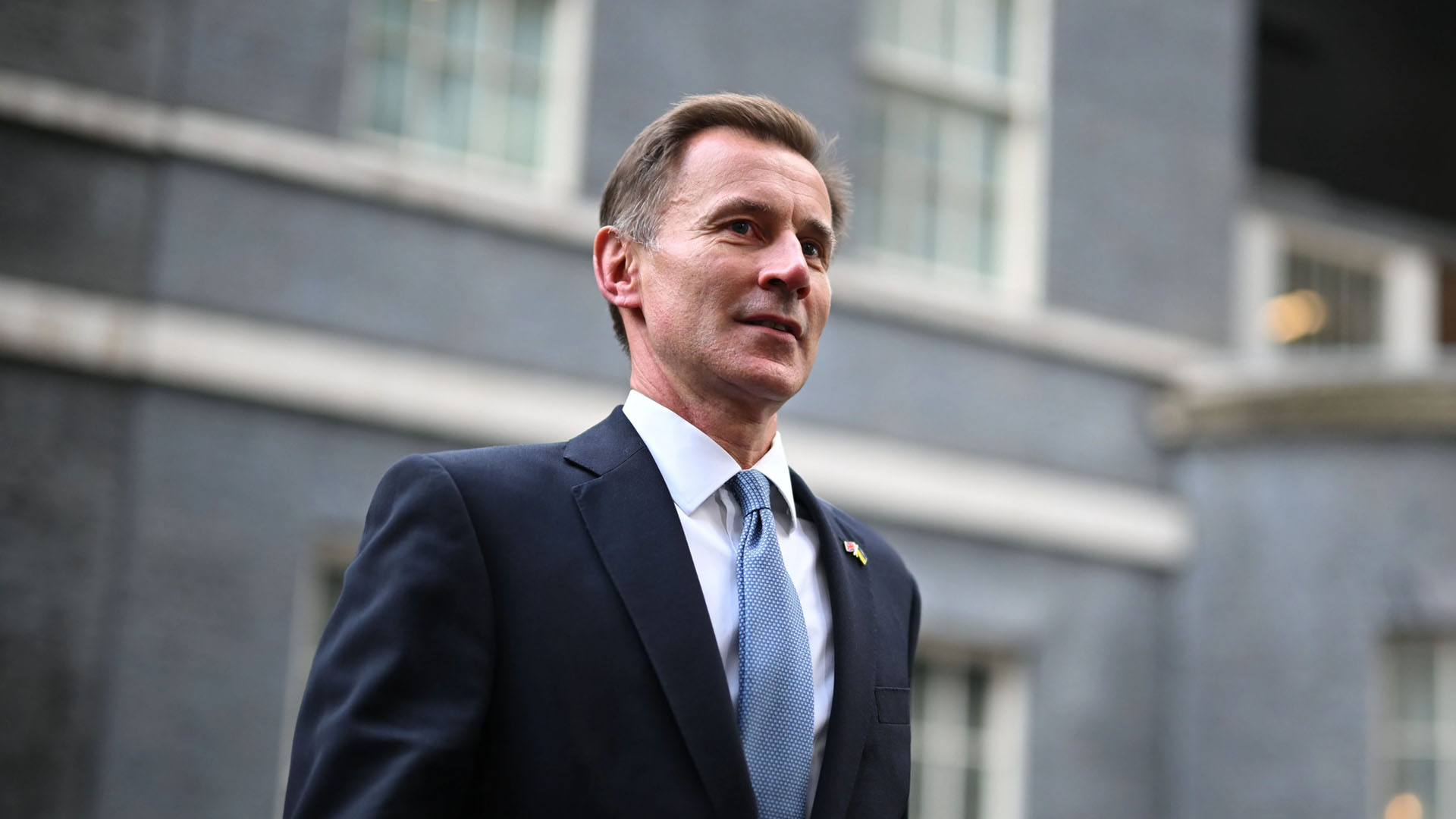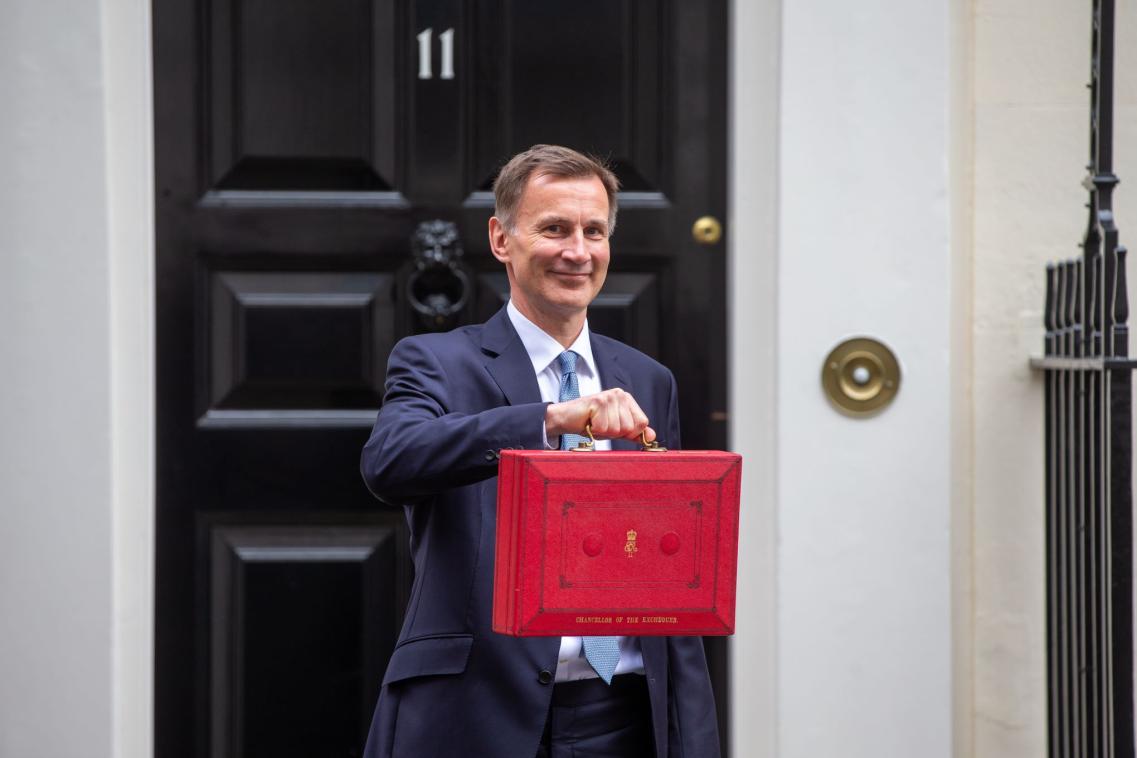The United Kingdom economy has managed to narrowly avoid falling into a recession for the second time in a year, as the latest figures from the Office for National Statistics (ONS) indicate zero growth between October and December of 2022. While economists had forecasted that the Gross Domestic Product (GDP) would remain stagnant at 0% in the final quarter, the data shows that the economy shrank by 0.5% in December, partly due to widespread strike actions across several sectors. A country is considered to be in a recession if its GDP decreases for two consecutive quarters or six months.
The previous quarter, July to September, saw a decrease of 0.3% in the GDP; if it had decreased further in the fourth quarter, the UK would have fallen into recession. However, the ONS revised its earlier estimate of a 0.1% fall in GDP between April and June to a rise of 0.2%, thereby avoiding a recession. Despite the close call, the Bank of England has predicted that the UK economy will shrink in each of the four quarters of 2023, although the decrease is expected to be small.
Despite the negative outlook, the National Institute of Economic and Social Research (NIESR) has stated that it does not expect the UK to fall into a prolonged recession this year. However, high inflation rates will still feel like a recession for 7 million of the country's poorest households. NIESR predicts that 1 in 4 households will be unable to fully cover their energy and food bills from their post-tax income in the 2023-24 financial year, an increase from the previous year.
However, it is important to note that the Bank of England's predictions are based on estimates and can be subject to change based on various factors, such as shifts in the economy or unexpected events. Furthermore, the NIESR's predictions are based on current information and can change as more data becomes available.
In 2020, the UK experienced a six-month recession due to the Covid-19 pandemic, leading to widespread business closures and decreased economic activity. Despite the close call, the UK has managed to avoid a recession again, but it remains to be seen what the future holds.
In conclusion, while the UK has narrowly avoided a recession for the second time in a year, the future remains uncertain. The country will need to closely monitor economic indicators and make strategic decisions to ensure sustained growth and stability in the future.






